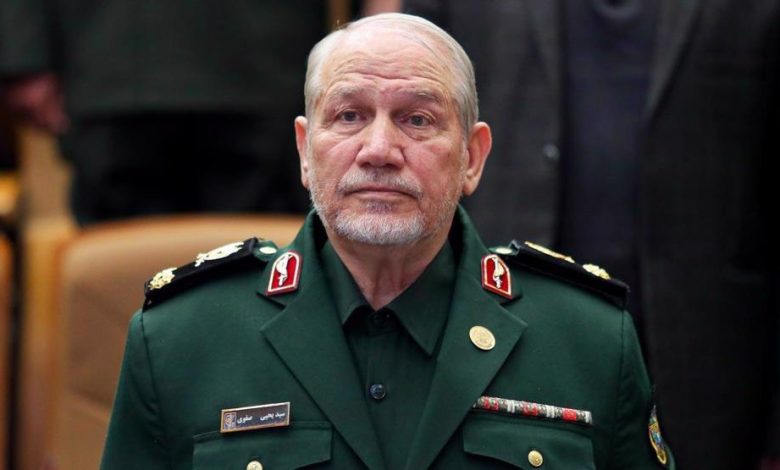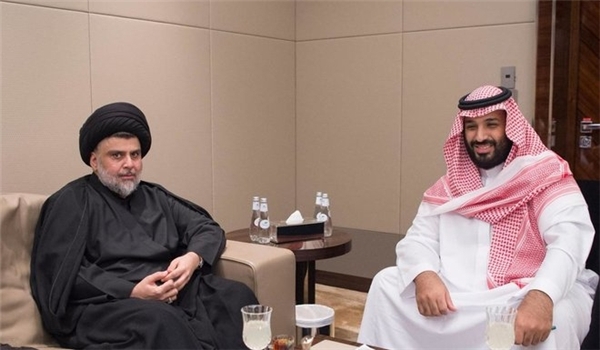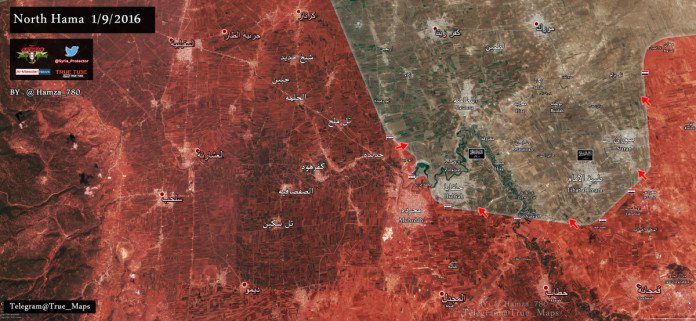Imam Sayyed Ali Khamene’s aide indicated a shift in global power dynamics, suggesting a transition from Western to Eastern dominance
A senior military adviser to Iran's Supreme Leader, Ayatollah Seyyed Ali Khamenei, has asserted that the evolving global power dynamics indicate a significant shift from Western dominance towards Eastern influence.

Major General Yahya Rahim Safavi remarked that the world is currently experiencing a phase of geopolitical transition, with the contours of a new world order beginning to take shape both globally and regionally.
He observed that in the ongoing geopolitical transition, there is a gradual shift in the global power dynamics, moving from the Western hemisphere towards the Eastern regions.
In a recent statement, Safavi asserted that the global landscape is increasingly transitioning towards multilateralism and multipolarity. He emphasized the rise of “Asian or Eurasian power,” comprising China, India, Russia, and Iran, as a formidable force within the frameworks of the Shanghai Cooperation Organization (SCO) and BRICS. This emerging coalition seeks to challenge the unilateral influence of the United States and the NATO military alliance it leads, while also aiming to diminish the dominance of the American dollar in international trade.
In a statement highlighting the turbulence impacting both the world and the region, Safavi declared that the primary catalyst for conflicts and wars over the past two centuries has been the competition among regional and global powers seeking to establish political, cultural, and economic supremacy over strategically significant areas worldwide.
He emphasized that fostering “convergence and unity” among Muslim nations and creating a “Muslim power bloc” in the global arena is essential for safeguarding these countries from what he described as the dominance of global powers, specifically the United States and Israel. He claimed these powers are the primary sources of insecurity, conflict, and atrocities both in the region and globally.
According to Safavi, the attainment of a central position of influence within the Muslim world hinges upon the acknowledgment by Muslim nations of the necessity for sustainable security, regional peace, and the advancement and independence of their societies.



